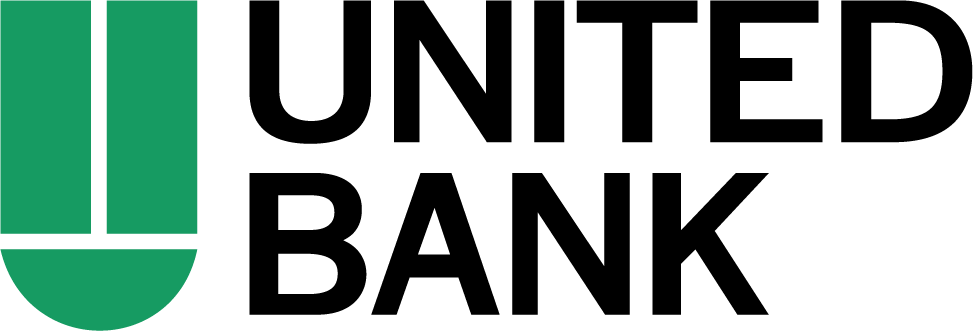What to watch out for and how to protect your assets.
Financial scams are a serious threat to businesses of all sizes. Just like consumer scams, business scammers are constantly developing new and sophisticated ways to steal money from businesses, and it can be difficult to know what to look out for.
By being aware of potential scams and taking steps to protect yourself, you can help reduce the risk of your business becoming a victim.
Here are some of the most common financial scams that businesses should be aware of:
- Business email compromise scams involve scammers sending emails that appear to be from a legitimate business contact such as a customer, supplier, or employee. The emails often have instructions to wire money to a fraudulent account. Other emails may look like routine password update requests or other automated messages but are actually attempts to steal your information.
- Fake invoices and payment requests occur when scammers send fake invoices or payment requests to businesses, hoping that they will be paid without question. These invoices or requests may look official, but they often contain typos, grammatical errors, or other red flags. These can include invoices for advertising or directory listings that do not exist. Make sure procedures for approving purchases and invoices are clear. Ask your staff to check all invoices closely. Pay attention to how someone asks you to pay and tell your staff to do the same.
- Fraudulent service offerings and office supply scams offer businesses fake services or office supplies at prices that seem too good to be true. Once the business pays for the services or supplies, the scammer may disappear without delivering anything.
- Business identity thieves steal a business's identity and use it to open fraudulent accounts, apply for loans, or make unauthorized purchases. Read more from United Bank on how to protect yourself against identity theft.
- Business lending scams present businesses loans with low interest rates or no upfront fees. However, these loans may be fraudulent, and the businesses may end up owing more money than they borrowed.
Here are some tips to protect your business from financial scams:
- Be suspicious of unsolicited emails and phone calls. If you receive an email or phone call from someone you don't know, don’t provide any financial information. Be careful about clicking on links in emails. Scammers often use links in emails to redirect victims to malicious websites. If you're not sure whether a link is legitimate, don't click on it.
- Verify the identity of anyone you're doing business with. Before you wire money or make any other financial transaction, make sure to confirm the identity of the person or company you're dealing with. Before doing business with a new company, search the company’s name online with the term “scam” or “complaint.” Read what others are saying about that company. Ask people you trust for recommendations.
- Use strong passwords and multi-factor authentication. Make sure to use strong passwords for all your business accounts and enable multi-factor or two-step authentication whenever possible. This will help to protect your accounts from unauthorized access.
- Invest in the infrastructure to keep your business safe. A strong firewall and secure entrances for your facility help keep hackers at bay and eliminate your risks.
Finally, your best defense is an informed staff. Educate your employees about financial scams. Make sure your employees are aware of the most common financial scams and how to spot them. You can do this by providing training on financial scams and by distributing scam awareness materials. Train employees not to send passwords or sensitive information by email, even if the email seems to come from a manager. Explain to your staff how scams happen and encourage them to talk with their coworkers if they suspect a scam.
If you think you may have been a victim of a financial scam, contact the appropriate authorities immediately. You should also report the scam to the Federal Trade Commission (FTC) at www.ftc.gov/complaint.
Learn more about United Bank’s business banking services.





